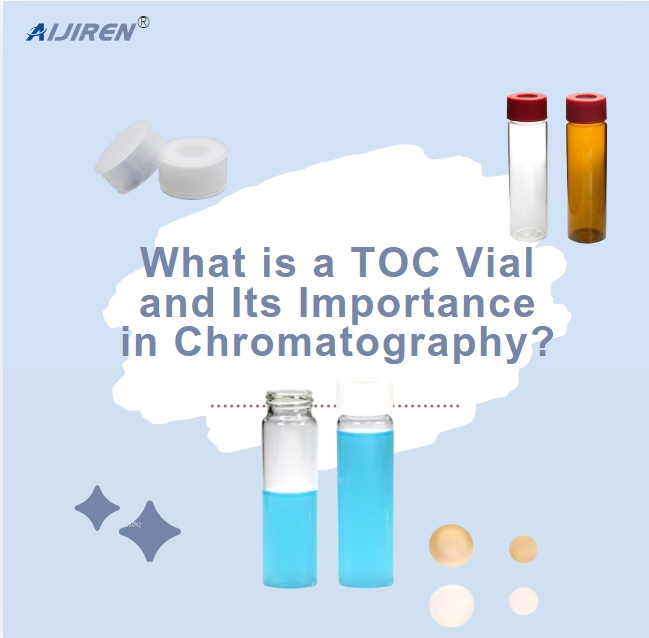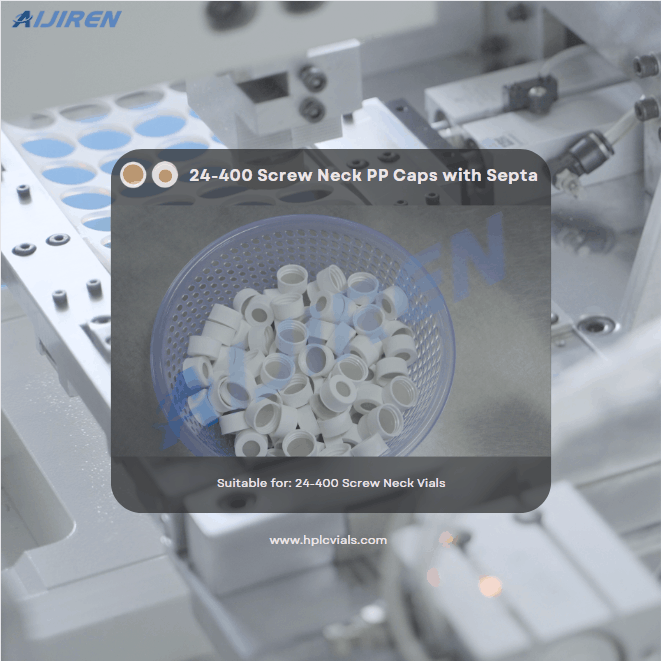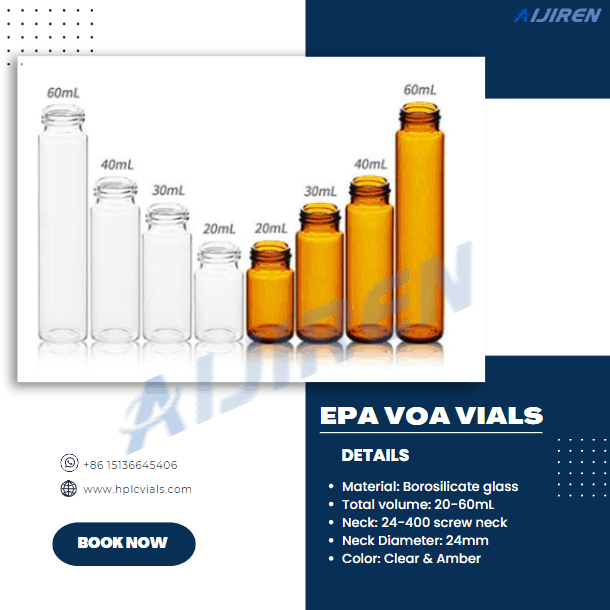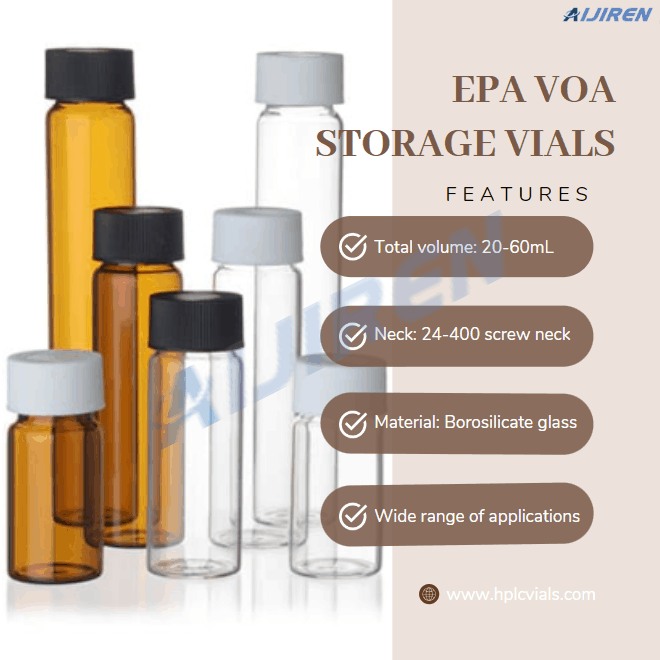Why Are TOC Vials Important?
TOC vials are pre-cleansed containers made from high-quality borosilicate glass or other inert materials. They are specifically engineered to minimize contamination risks associated with traditional vials, ensuring that even trace amounts of organic impurities do not skew the TOC readings.
TOC vials are pre-cleansed containers made from high-quality borosilicate glass or other inert materials. They are specifically engineered to minimize contamination risks associated with traditional vials, ensuring that even trace amounts of organic impurities do not skew the TOC readings.
TOC Vials Key Features:
Pre-cleaning: Each vial undergoes rigorous cleaning procedures to eliminate residual organics, thereby guaranteeing baseline cleanliness.
Certifications: Many TOC vials carry certifications indicating that they meet stringent standards (<10 ppb TOC contribution), assuring users of their reliability.
Sealed Design: With Teflon-lined caps and protective dust covers, these vials prevent contamination during transportation and storage.
Why Are TOC Vials Important?
Accuracy in Measurements:
Accurate TOC measurements are fundamental for determining the presence and concentration of organic compounds in water samples. Incorrect vials could introduce errors, affecting downstream conclusions.
Reliability Across Industries:
Pharmaceutical companies rely heavily on precise TOC determinations to validate purification processes and ensure drug efficacy.
Environmental scientists use TOC vials to monitor water quality parameters essential for ecological balance assessments.
Researchers benefit from consistent results obtained via these specialized containers when studying biochemical reactions or metabolic pathways.
Enhanced Workflow Efficiency:
By eliminating unnecessary cleaning steps and ensuring immediate usability upon unpackaging, TOC vials streamline laboratory workflows.
Reduced downtime translates into enhanced productivity and better resource allocation within busy research facilities.











